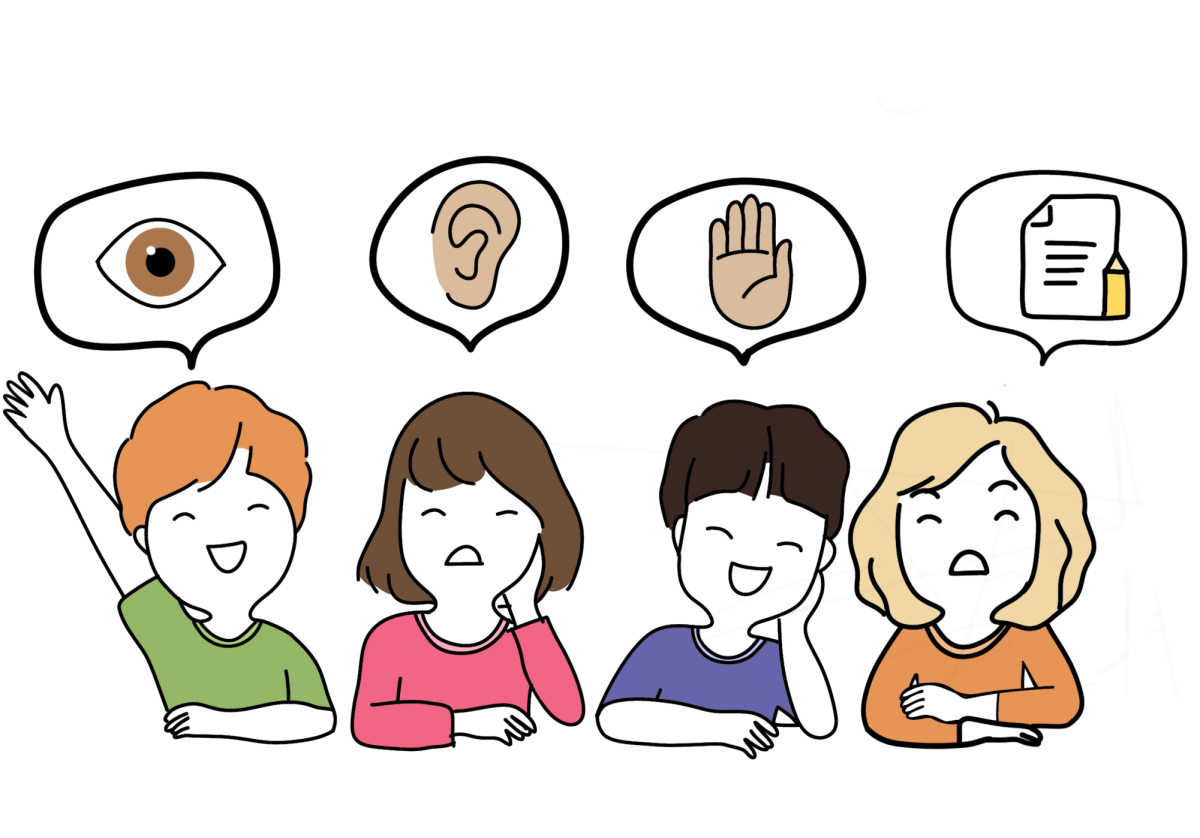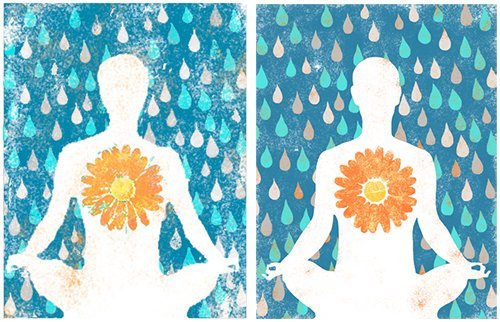During our taxing years as high schoolers, we often can find ourselves caught up in the perpetual whirlwind of academic and social pressures. We are bombarded with “achievable” standards and idealized versions of success. From the daunting college apps we will (and have) faced, to admissions essays teeming with narcissism, we have lost focus on what we all should truly aspire to be. Something not determined by the taxes we’ll pay or the job we’ll receive, but something much simpler and wholesome. Our goal, above all else, should be happiness.
I did not second-guess myself when I plopped willingly onto my couch Friday night to kick back and catch up on a Netflix series I have missed for weeks. After a few minutes, I realized that I had wondered into the section of movies under “documentaries”, and as I was scrolling, the title Happy caught my attention. I selected the movie, read the caption, and thought it seemed interesting enough to pursue.
The documentary turned out to be incredibly captivating, following the stories of individuals from all around the world. From the slums of India, to the Louisiana bayou, and to the tiny island of Okinawa, Japan. The film featured the opinions and research of professional psychologists, and zoomed in on some of the happiest people and places around the world.
One interesting statistic that was presented in the film broke up the factors that determined happiness. According to Sonja Lyubomirsky, a professor of Psychology with a PhD at UC Riverside, 50% of happiness is dependent on genetic makeup. This predetermined range of happiness is called a “set point”, and comes from the genes you receive from your parents. Another astounding statistic showed that only 10% of happiness was determined by circumstance. Circumstance includes where you live, age, social status, and income. The film followed the daily life of a lower-class man from a Kolkata slum, who awoke early every morning and rode his bicycle into the crowded city of Kolkata, India, where he worked as a rickshaw driver. Surprisingly enough, on a survey conducted by a group of psychologists, the rickshaw driver’s happiness was equal to that of the average American. How can this be? If circumstance only accounts for 10% of happiness, genetics 50%, where does the last 40% come from? The last 40% comes from “intentional activity”, or activities that you choose to do. This means being consciously aware of the little things you can do throughout the day to make you happier. According to Lyubomirsky, these can be things as simple as “when you do your daily run, taking a different route.”
Flow is a term coined by Mihaly Csikszentmihalyi, a professor of psychology with a PhD at Claremont Graduate University. He describes flow as what an athlete would call being “in the zone”, and discovered that it appears in “people who are doing something very difficult and demanding for no good reason, no money, no status…but just because they like to do it…a synergy of different aspects of consciousness because you wish you could go forever.”
Flow has been shown to increase levels of Dopamine, a neurotransmitter in the brain that results in happiness. The second major factor of happiness discussed in the field had to do with goals. People’s main objectives and priorities can be categorized into intrinsic and extrinsic goals. Extrinsic goals have to do something outside of yourself. People who value extrinsic goals prioritize status, awards, money, image, and praise. In contrast, intrinsic goals are the most satisfying, and produce the most happiness. Focused on personal growth, close relationships, and community feeling, (a desire to help out in the community). Another study emphasized the fact that extrinsic goals are not as important as we think. According to Daniel Gilbert, author of Stumbling on Happiness, variation of income only drastically changes levels of happiness in people earning between $5,000 and $50,000 a year, but surprisingly, happiness barely varies between those earning $50,000 and $50,000,000 a year. In other words, when basic needs are met, such as an adequate income, and reliable supplies of food and water, the happiness you lack cannot be made up for by excessive consumption, but depends on your individual pursuits and offerings to the community and to yourself.


































